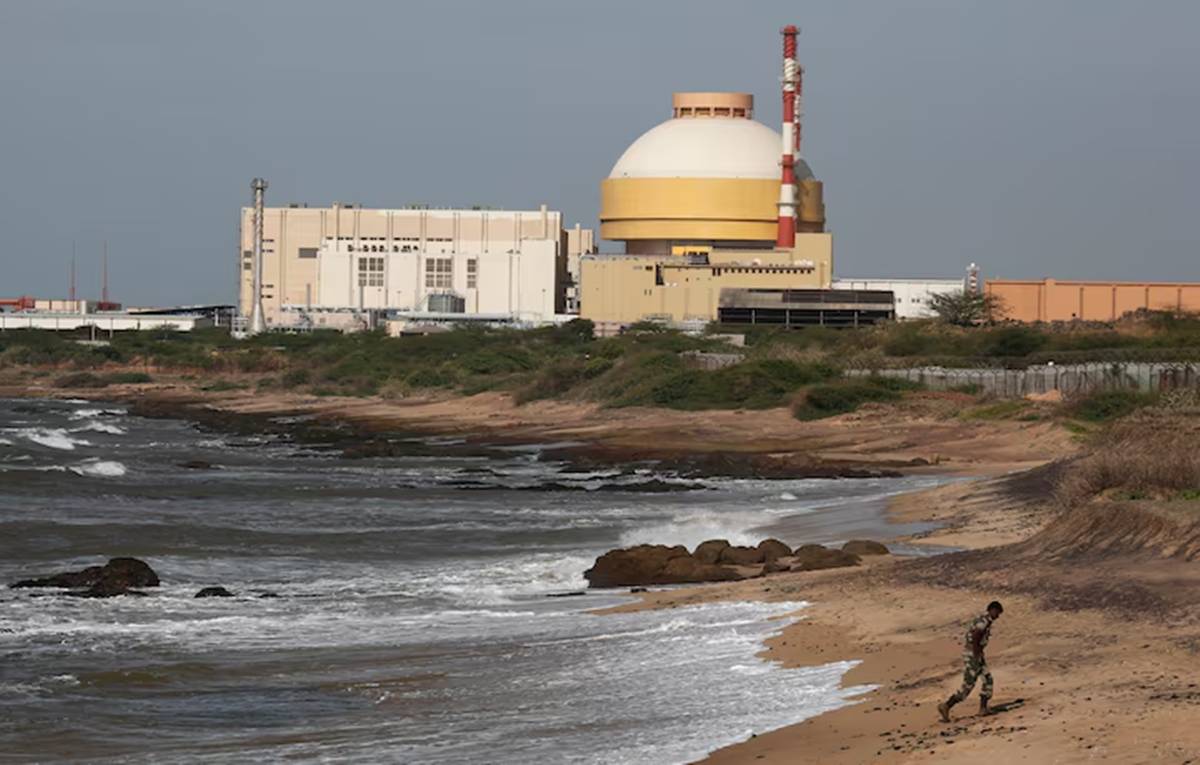India is poised to embark on a transformative journey in its nuclear energy sector, potentially allowing foreign companies to hold up to 49% stakes in its nuclear power plants. This strategic move comes as the nation aims to enhance its nuclear capacity amid growing pressures to reduce carbon emissions. Since 2023, the Indian government has been contemplating revisions to its nuclear foreign investment framework, signaling a shift to embrace cleaner energy alternatives.
Opening the Door to Foreign Investments
As India grapples with its reliance on coal, the urgency to develop nuclear energy has intensified. The proposed changes could not only foster international collaborations but also stimulate negotiations regarding tariffs with the United States. While officials have not confirmed any direct link between nuclear investments and trade agreements, the potential for bipartisan economic benefits exists.
Key points regarding the proposed foreign investment changes include:
- Aiming to attract foreign investments while maintaining government oversight
- The need for prior government approval for any nuclear investments
- A focus on enhancing nuclear capacity from the current 8 GW to 100 GW by 2047
Legislative Changes in the Pipeline
The Indian government is expected to present essential legislative amendments to the Union Cabinet shortly. These changes will target the Civil Liability for Nuclear Damage Act of 2010 and the Atomic Energy Act of 1960, with hopes of passing them during the upcoming monsoon session in July. Such amendments would pave the way for private companies to engage in building, operating, and even owning nuclear facilities.
The anticipated modifications would empower the government to grant licenses for:
- Constructing and managing nuclear power plants
- Mining and producing atomic fuel
A Collaborative Future in Nuclear Energy
India’s strategy for diversifying its energy portfolio aims to balance wind and solar power with nuclear energy to ensure a steady supply during peak demand hours. Notably, several foreign firms, including Westinghouse Electric, GE-Hitachi, Electricité de France, and Rosatom, have expressed interest in joining India’s nuclear initiatives as technology partners and service providers.
Moreover, prominent Indian firms like Reliance Industries, Tata Power, Adani Power, and Vedanta are in talks with the government to invest approximately $26 billion in the nuclear sector. This collaboration could greatly enhance India’s capacity to produce clean energy, aligning with global sustainability goals.
Conclusion
With these proposed changes, India is on the verge of a significant transformation within its nuclear power landscape. By inviting foreign investments and easing regulatory hurdles, the country not only aims to bolster its energy production but also to contribute meaningfully to its commitment to a greener future. This strategic pivot could redefine India’s energy landscape for generations to come.











